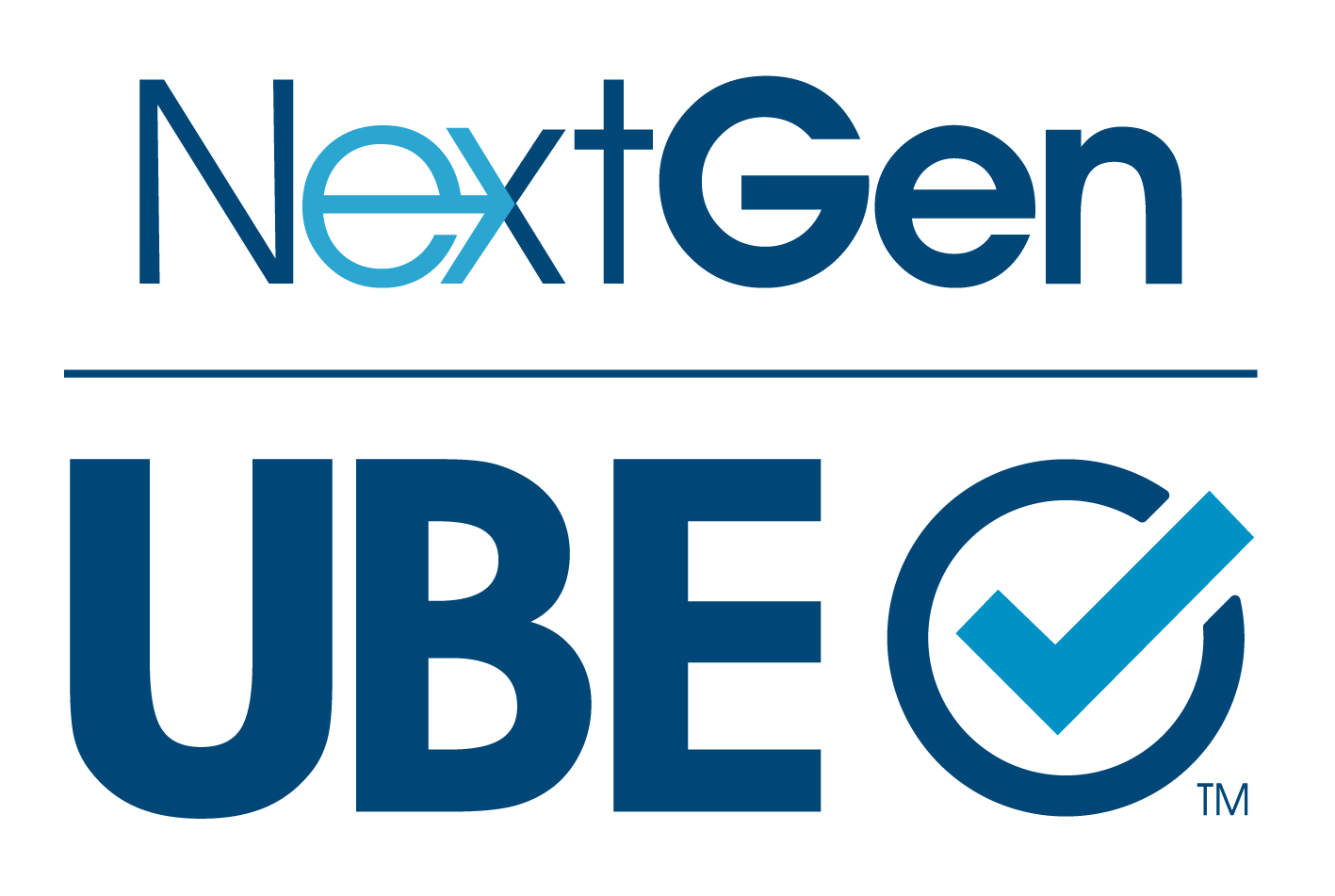Please check back frequently for new information on jurisdictions’ plans to administer the NextGen UBE. The following jurisdictions have announced their adoption of the NextGen exam starting with the dates listed below.
July 2026:
Connecticut, Guam, Idaho, Maryland, Missouri, Northern Mariana Islands, Oregon, Virgin Islands, Washington
July 2027:
Arizona, Iowa, Kentucky, Minnesota, Nebraska, New Mexico, North Dakota, Oklahoma, South Dakota, Tennessee, Vermont, West Virginia, Wyoming
February 2028:
Delaware, District of Columbia, Illinois
July 2028:
Alaska, Colorado, Florida, Georgia, Hawaii, Indiana, Kansas, Maine, Massachusetts, New York, Ohio, Rhode Island, Texas, Utah, Virginia
A chart showing additional adoption information is available in the Comprehensive Guide to Bar Admission Requirements.
Sign up to receive updates on jurisdiction administration of the NextGen UBE!

